Why are case competitions so popular?
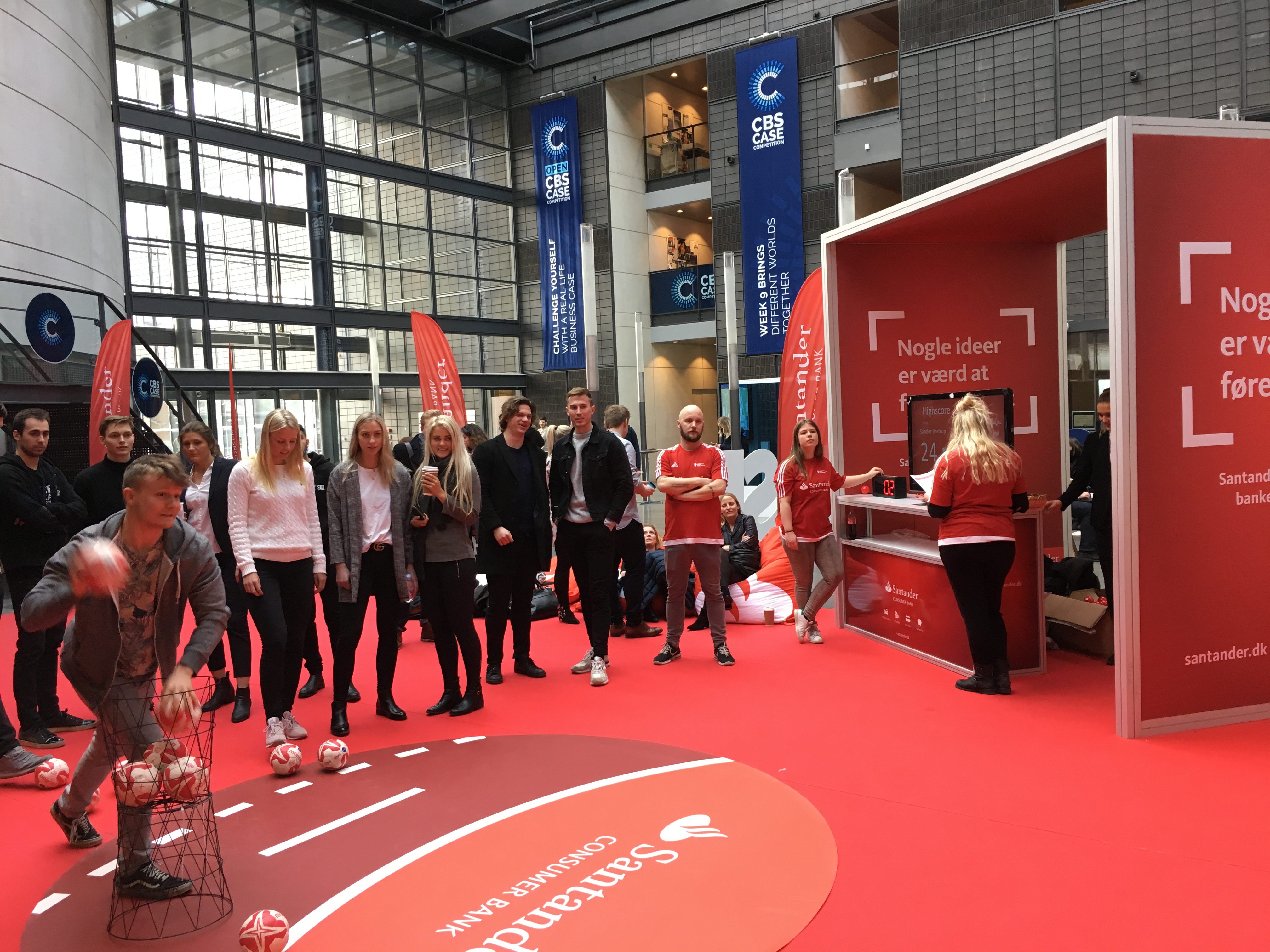
On Tuesday, students could try their luck and see if they could win a Macbook Pro or a new iPhone X. (Photo: David Fulop)
Companies and students are increasingly finding case competitions relevant – both to host and to take part in. But why? Students, the Head of Business Relations and Career Services at CBS, Grundfos, and QVARTZ give their suggestions and some of them question the format of case competitions. Because, are case competitions bringing out the most innovative ideas?
Solbjerg Plads, Frederiksberg has been decorated with blue banners on the walls and floors, throughout week 9 various companies are moving into the entrance hall, giving out free coffee, juice, scones, etc. in return for the students’ time, and international case teams are doing their very best to impress judges in one of CBS’ many auditoriums. It is week 9, time for the CBS Case Competition.
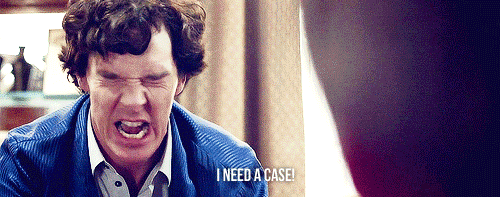
But what is the deal with case competitions? Is it not only something that the best students and biggest companies can take part in? What do the companies and the students even get out of participating? And is the case competition in its current format creating an opportunity for the most innovative idea to flourish?
CBS WIRE has asked five people who are heavily involved in the case competition, one way or the other, to give us their perspective on why this setup is rising in popularity– both among students and companies.
Jeppe Tranekær, the leader of the CBS Case Competition OPEN, which offers students from all over the world the opportunity to sign up and solve a case in 22 hours, shares his idea about why case solving has spread among students.
“It is super relevant to have the ability to apply theory to real life business cases. If you are going to a job interview today in the consultancy sector, then you, more often than not, will have to solve a case. So, the ones who are familiar with case solving, just have some more tools to pick from. Students are starting to see the importance of this,” he says.
How does innovation come about? By bringing together people who have never talked to each other before
Hans Henrik Beck, Co-founder QVARTZ
Janie Huus Tange, one of two case team coaches and the Head of Business Relations and Career Services at CBS, points out that there are several reasons why companies want to engage in case competitions. One of them is access to students.
“CBS’ partners are expressing their want to become case companies, and then we have companies asking how they can make their own case competition. To them, it’s all about branding themselves, but also to see what the students are capable of,” she says.
This year, the consultancy, Qvartz, is the main partner, and the co-founder and managing partner of QVARTZ, Hans Henrik Beck, does not get why more companies are not engaged in case competitions, one way or the other.
“I don’t get why companies aren’t in line to be a part of this. In my opinion, case solving should be an integrated part of the internal education of employees. It often takes too long to solve a small problem or assignment simply because people don’t know how to work as a team. They learn to do that through case solving,” he points out.
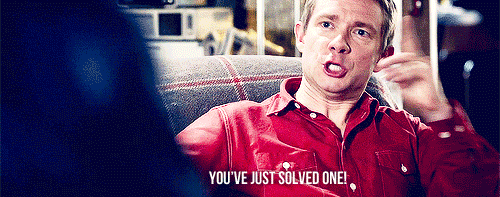
You have probably got what it takes
At this year’s CBS Case Competition 12 teams of four from around the world get to compete to become the best case-solvers.
The team representing CBS has been put together by the case team coaches Janie Huus Tange and Caroline Krzton, and they are not only looking for students with straight 12s for the five CBS case teams.
“When we are putting the teams together, we are always looking for curious and humble students. If you think you know everything, you obviously haven’t listened. And then most of all, you need to be a team player,” says Janie Huus Tange and continues:
“Furthermore, it’s a plus if they are good at making strategies and are familiar with marketing and presentation. But besides that, it’s good to have individual skills within for instance, IT and finance. We pick the students so that they play an important role on the team, both with their knowledge and personal characteristics.
Every year about 80 students apply to become part of one of CBS’ five case teams and that’s more than what is needed to set the teams. But not getting on one of the teams doesn’t necessarily has something to do with your skills or not being good enough.
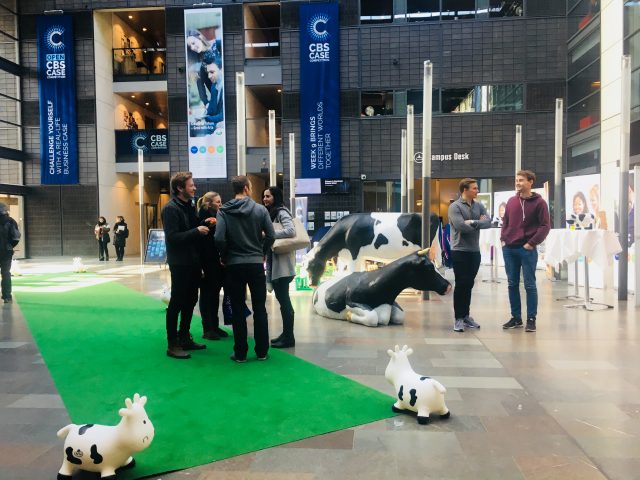
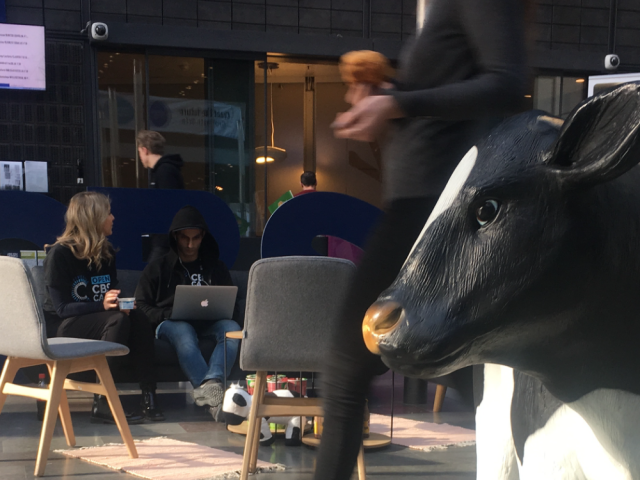
If you are not recruited to one of the teams, it’s not necessarily because you don’t have what it takes, but more because you don’t fit in to one of the teams,” says Janie Huus Tange.
Does this mean that everyone can apply? Even if you have not got straight 12s?
“Of course, everybody can join. It doesn’t require that you have got all 12s,” says Janie Huus Tange.
Jeppe Tranekær had never competed in a case competition before he was elected as the leader of the CBS Case Competition OPEN. But he is thinking about doing so, as he has seen it is not only for the few.
“You don’t have to have straight A’s to make it, and there’s nothing to lose if you sign up for the OPEN competition. Before, I thought that you had to be really bright and good at everything, but it’s not only about that,” he says and adds that he understands if students think that case competition is only for the selected few. However, he still encourages his fellow students to try it out.
“It’s understandable that some people think that they can’t do it, but you just got to try it, and it’s alright if you don’t nail it the first time,” he says.
Innovation comes from diversity
The teams that sign up for both of the CBS Case Competitions are, more often than not, teams consisting of students from the same universities. Maybe the students have different skills from various subjects, however, they are still from the same university and somewhat familiar with one another in terms of each other’s educations. And that is a shame points out Hans Henrik Beck from QVARTZ.
He is fond of case competitions and case solving in general, but he thinks the setup around most case competitions are not encouraging innovation.
“How does innovation come about? By bringing together people who have never talked to each other before,” he says and continues:
“If we put together a team of people who agree on how things should be done, and they somehow know what to do, then the chance of coming up with something creative is very small. Knowing one another might increase the efficiency, but it’s reducing innovation,” he says, and wishes that students would be put together across faculties and universities.
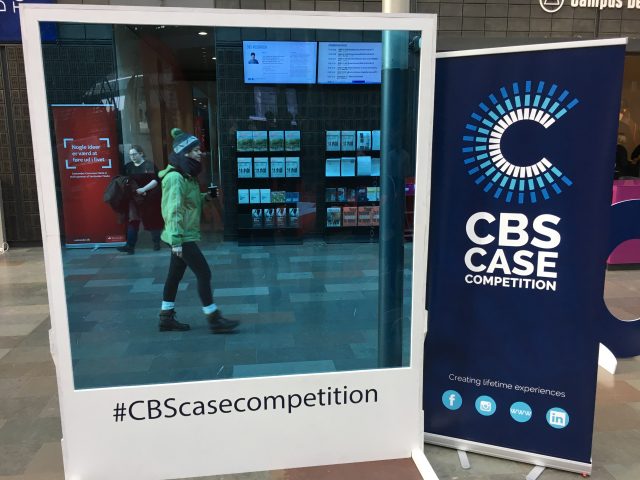
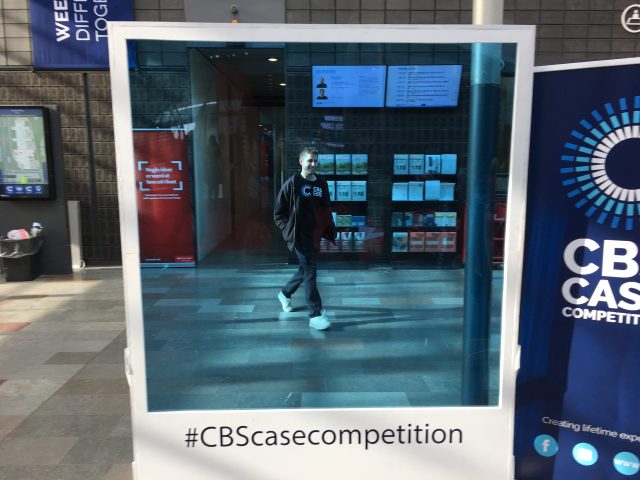
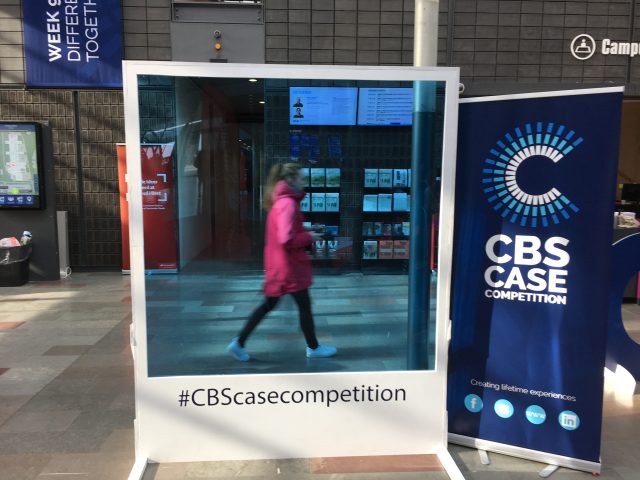
Jeppe Tranekær explains that at the OPEN competition they have students from various universities signing up, but they usually sign up in teams of people who know each other and have the same educational background. However, he is open to discuss a changing of the format to make it more open for mixed teams.
“It’s mostly teams from the same universities signing up, however, it would be interesting to have more mixed teams, as this would reflect the diversity of people at the companies,” he says.
Janie Huus Tange explains that a lot of the students who apply to be part of the case teams wish to become a consultant. But this should not stop the students who do not have that exact wish from applying.
“We want to make it clear that everyone can apply. Fundamentally, it’s about having an interest in solving problems. Solving problems for companies or the society. Being part of case competitions, one way or another, gives you the skills to solve different kinds of problems, and you’ll learn that not all problems are solved with a hammer,” she says.
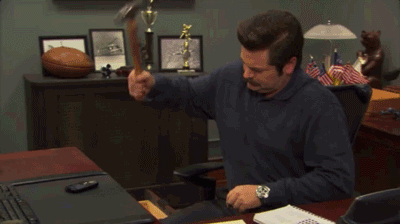
Singapore is closer to Jutland than Copenhagen
Last year, Grundfos was the case-company. They had the unique opportunity of getting 12 different solutions for a specific issue, but even though there were many great thoughts and ideas none of the solutions turned out to be the next great business opportunity that had not been explored earlier.
“The solutions that the students came up with during the time available was impressive, and it definitely was inspirational. However, none of the solutions turned out to be a business differentiator or opportunities we had not explored earlier,” says Louise Holland Heide, Senior HR Consultant at Grundfos and part of the team involved in the case competition last year.
“That being said, we definitely did gain a lot from being part of the case competition anyway,” says Louise Holland Heide.
“We approximately exposed ourselves to 1,000 students, who participated in Week 9, and approximately half of those participants got a better picture of what we can offer as a future employer, and that’s a good achievement. We would have liked to see an increase in the number of applicants from CBS, however,” she says and explains that it can be barrier that the headquarter is based in Jutland.
“We sometimes find it easier to attract candidates from Singapore or other parts of the world than from within our own boarders. Being the case company was one step towards bringing Grundfos closer to the students at CBS.”
Are you individually unique and collectively perfect?
Grundfos has recently involved themselves heavily in case competitions and hackathons at several Danish universities.
“We see a lot of students enganging in case competitions, and it is a good way of getting in depth exposure for us. We see what the students are capable of, when dealing with an issue and finding a solution under time pressure. Those are competences that are good to have on i.e. a CV,” she says.
The consultancy, QVARTZ, also hosts their own case competitions, and they use it as a part of their hiring process, explains Hans Henrik Beck.
“We have a philosophy saying: Individually Unique, Collectively Perfect. When we hire people, we ask them to solve a group case. Most companies look at the individual when they hire people, but at QVARTZ, we supplement individual case solving with a group case, as we don’t look at people’s ability to be smart on their own, but people’s ability to bring out the best in others and their team,” he explains.
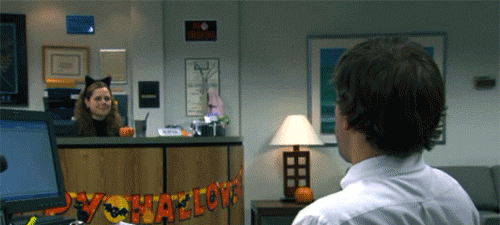



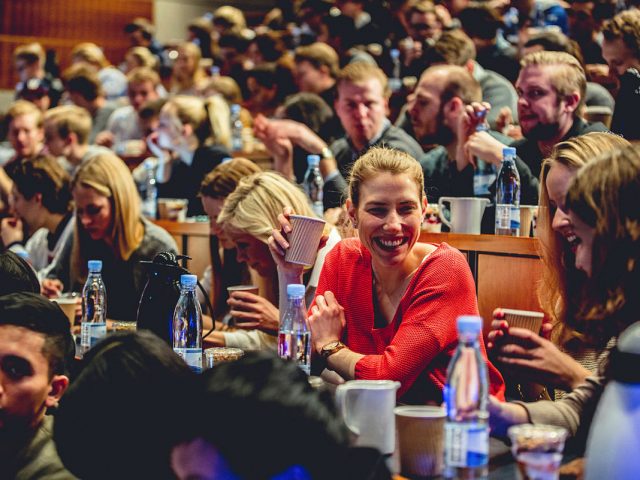

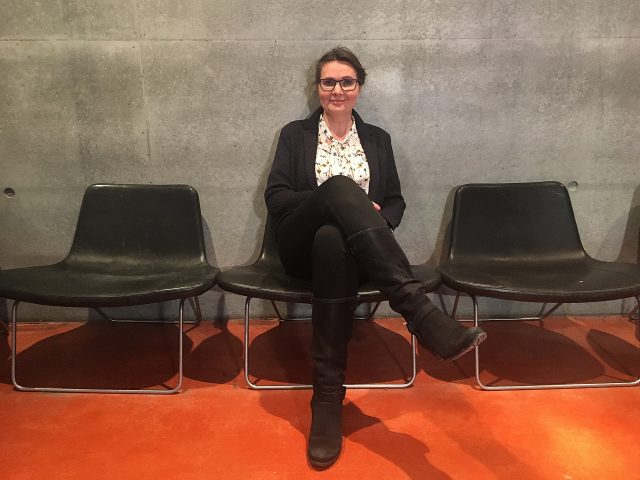




























































































































Comments